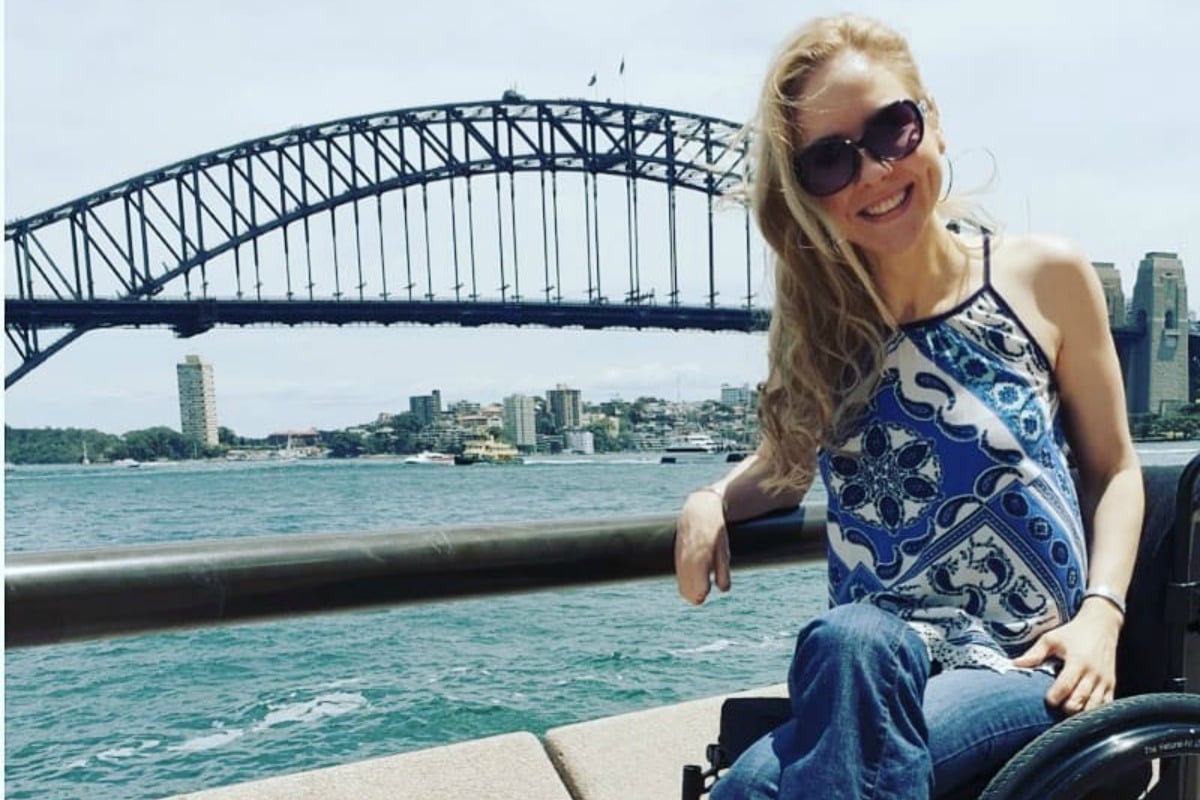
You can’t ‘catch’ a disability. I thought this was obvious but sadly, my observations over the years would prove otherwise.
I overheard a conversation the other day in which the socially distanced participants each chimed in about this new normal. Whereby strangers are very consciously avoiding each other out in public.
Obviously, there’s good reason for this and Australia’s strict social distancing measures are presumably just one of the reasons why the country is, so far, not as impacted by COVID as many other countries – touch wood.
Watch: Vanessa Cranfield on parenting a child with a disability. Post continues below.
The conversation (which I inconspicuously yet very intently tuned into while waiting for my takeaway coffee) went on to explore, ‘how weird, awkward and upsetting it felt’ when strangers intentionally and very obviously tried to avoid you out in public.
As one person put it, “I have to remind myself not to be offended when everyone is clearly trying to keep away from me at the moment.”
Again, I’m well aware that social distancing is a good thing right now. But overhearing the commentary made me reflect on my own experiences.
The truth is, this new normal is normal for me and many other people.
